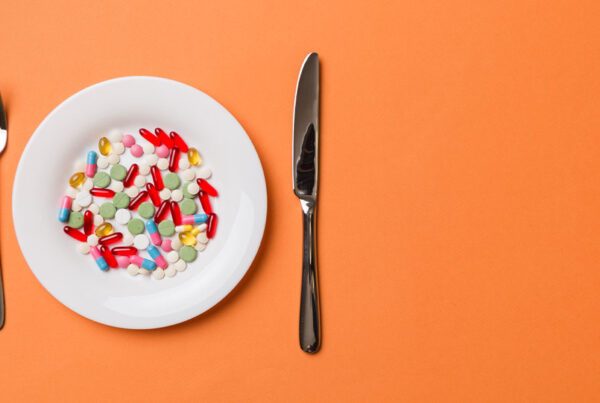Artificial Sweeteners: Good or bad?
What are artificial sweeteners?
Artificial sweeteners are sugar substitutes or food additives, added in the food and beverages to make them taste sweet. Artificial sweeteners are also known as intense sweeteners because they are many times sweeter than sugar.
There are six LCS (low calorie sweetener) approved by the US Food and Drug Administration (FDA) to be consumed by general public, including:
- Aspartame
- Acesulfame- potassium (acesulfame-K)
- Advantame
- Neotame
- Saccharin
- Sucralose
What are they made of?
They may be derived from naturally occurring substances, such as herbs or sugar itself. They could be derived through manufacturing of plant extracts or processed by chemical synthesis. Sugar alcohols such as erythritol, xylitol and sorbitol are derived from sugars.
Why is it in high demand?
The increasing prevalence of obesity and diabetes mellitus has led to an increased production and consumption of artificially sweetened foods all over the world. Artificial sweeteners are high-intensity sweeteners which contribute no calories. As a result, most of these foods may be sold with a “healthy” or “diet” labeling. Hence, the high consumption of artificial sweeteners.
Adverse effects of artificial sweeteners:
- Obesity and metabolic syndrome: How could aspartame and other fake sweeteners make you gain weight even though they’re calorie-free?
According to Dr Mark Hyman who explains it best, “because they stimulate your taste buds and trick them to think you’re eating real sugar. Artificial sweeteners can be 1000 times sweeter than sugar, so your body becomes confused and revs up production of insulin, your fat-storage hormone. Your metabolism slows down, you become hungry more quickly, you’re prone to eat way more food (especially carbs), and increased belly fat is the inevitable result. Because they confuse and slow down your metabolism, you burn fewer calories every day. Artificial sweeteners make you hungrier and cause you to crave even more sugar and starchy carbs, such as bread and pasta”.
Results of a large epidemiological study using data from the Third National Health and Nutrition Examination Survey (NHANES III) revealed that aspartame intake was associated with greater glucose intolerance in obese individuals.
Overall, chronic consumption of artificial sweeteners may be associated with an increased risk of weight gain and other metabolic dysfunctions such as hyperglycemia and hyperlipidemia through some default mechanisms including:
- Increasing the intestinal absorption of glucose by activation of sweet taste receptors (T1Rs)2 in the intestine, a compensatory energy intake by decreasing the ability to anticipate the content of foods.
- Increasing insulin secretion, adiposity and alteration in gut microbiota.
- Gut microbiota dysbiosis: Non-caloric artificial sweeteners (NAS) have been shown to wreak havoc on the gastrointestinal microbiome generally causing “dysbiosis” or an imbalance in the bacteria in our guts. Dysbiosis can result in gas, bloating, or have more serious impacts resulting in gastrointestinal diseases or widespread inflammation. Further research on the effects of sweeteners on the composition of the human gut microbiome is necessary.
In addition, there are gaps in the evidence related to the effects of NNSs on appetite, short-term intake and risk of cancer and diabetes.
In conclusion, consumers should be aware of the potential side effects of artificial sweeteners, albeit there is no conclusive clinical data about those adverse effects. Thus, at present, it may be recommended that only minimal amounts of NNS be consumed. Alternatively you can go for natural stevia leaves and use the same to sweeten your beverages.
Remember that moderation is the key!
References:
https://www.ncbi.nlm.nih.gov/pmc/articles/PMC6363527/
https://www.sciencedirect.com/science/article/pii/S0019483218300142
Tags: artificial sweeteners, sugar substitutes, food additives, food, intense sweeteners , LCS (low calorie sweetener), Aspartame, Acesulfame- potassium (acesulfame-K), Advantame, Neotame, Saccharin, Sucralose, erythritol, xylitol, sorbitol, prevalence of obesity and diabetes mellitus, high-intensity sweeteners, Obesity and metabolic syndrome, production of insulin, fat-storage hormone, Third National Health and Nutrition Examination Survey (NHANES III), hyperglycemia, sweet taste receptors (T1Rs)2, Gut microbiota dysbiosis, Non-caloric artificial sweeteners (NAS), gastrointestinal diseases, widespread inflammation, cancer









